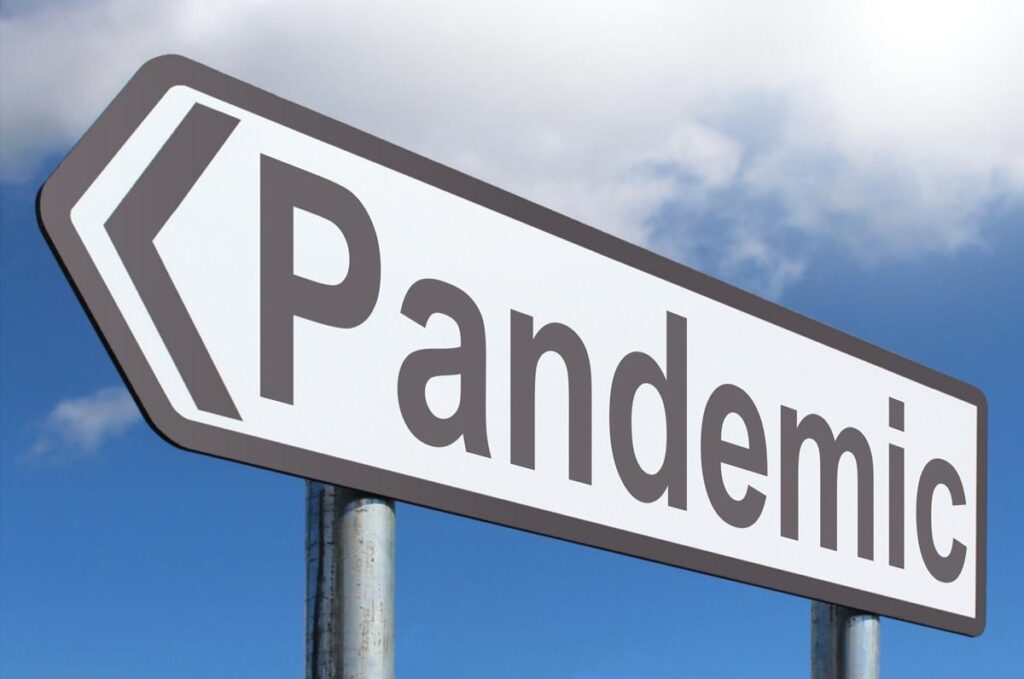Pandemic and Effective ways to Mastering your Mental Health Care

Pandemic and Effective ways to Mastering your Mental Health Care (2)
Introduction
The ongoing pandemic has taken a toll on mental health. With a rise in
- anxiety,
- depression, and
- social isolation,
it’s vital to take care of ourselves during these trying times. Let’s explore ways to cope with these unprecedented challenges.
Impact of Pandemic on Mental Health
- The ongoing COVID-19 pandemic has brought a significant amount of change to our daily lives, and it has affected us in different ways. The pandemic has led to a surge in mental health problems such as anxiety and depression.
- The fear of the virus, social isolation, financial instability, and the uncertainty of the future has been completely overwhelming for some people.
- The pandemic has made it difficult to maintain social connections, and as a result, many people have experienced emotional distance, loneliness, and lack of motivation.
- Social distancing can be necessary to reduce the spread of the virus, but it can also cause feelings of uncertainty and anxiety. Moreover, many people have also experienced job loss or financial instability.
- The impact of these significant changes in our lives has led to increased feelings of hopelessness and grief.
- These issues provide a backdrop for the rising rates of mental health problems that we are experiencing.
- In the next section, we will discuss various coping strategies that can help navigate through these difficult times.
Coping Strategies for Mental Health
In these unprecedented times, taking care of your mental health has become more crucial than ever. Coping strategies can come in various forms, and everyone has to find what works best for them.
- One of the most accessible ways to maintain good mental health is by having a daily exercise routine. Exercising releases endorphins that improve mood and reduce feelings of stress and anxiety You don’t need to possess athletic abilities to begin. Simple exercises like yoga or going for a walk can do wonders.
- Meditation and mindfulness techniques are also excellent coping strategies to manage mental health. Research suggests that practicing meditation and mindfulness can help reduce symptoms of depression and anxiety. It’s hard to turn off the constant noise around us, but taking just a few minutes for yourself can make all the difference.
- Limiting screen time is another way to manage your mental health. In today’s digital age, it’s almost impossible to avoid screens altogether, but too much screen time can lead to increased anxiety and depression. Be mindful of how much time you spend on social media and other platforms.
- Journaling or writing can be a therapeutic way to cope with challenging emotions. When you put your thoughts into words, it helps to clear your mind and put things in perspective. Also, writing down things you’re grateful for can improve your overall mood.
- Lastly, if you’re struggling with your mental health, professional therapy is always an option. Many therapists offer online sessions, making it more accessible than ever. Therapy provides a safe space to discuss your concerns and develop coping mechanisms tailored to your needs.
- Remember, everyone’s mental health journey is different, and it’s essential to find what works best for you. Don’t be afraid to try different strategies and seek professional help if needed.
Online Resources for Mental Health Support
During this pandemic, many have turned to online resources for mental health support.
- Crisis hotlines are available for those experiencing emotional distress and in need of immediate help.
- Online counseling websites provide a way to connect with licensed therapists for remote sessions.
- Therapy apps offer features such as meditation exercises and interactive tools to manage mental health.
It’s important to take advantage of these resources to maintain good mental health and well-being during these challenging times. Remember, seeking help is a sign of strength, not weakness.
Things to Avoid for Proper Mental Health
To maintain proper mental health during the pandemic,
- It’s vital to refrain from excessive alcohol and substance abuse. Not only can they lead to addiction, but they also impede a person’s ability to cope with stress and anxiety.
- Checking news and media excessively can also contribute to negative mental health outcomes. It’s easy to become consumed by the constant flood of information and updates, so it’s important to take breaks and limit exposure.
- Remember, moderation is key.
Conclusion
Remember, in these trying times, it’s important to prioritize self-care. Incorporate healthy habits into your daily routine, seek professional help when needed, and avoid unhealthy coping mechanisms to ensure proper mental health. Stay safe and always remember, it’s okay not to be okay.
For More Related Articles Browse Our Website Blogster.pk
For social Connection You can also Visit and follow our Social media Platforms
Facebook , Instagram, Linkedin, Pinterest, Quora, Twitter, Youtube.








